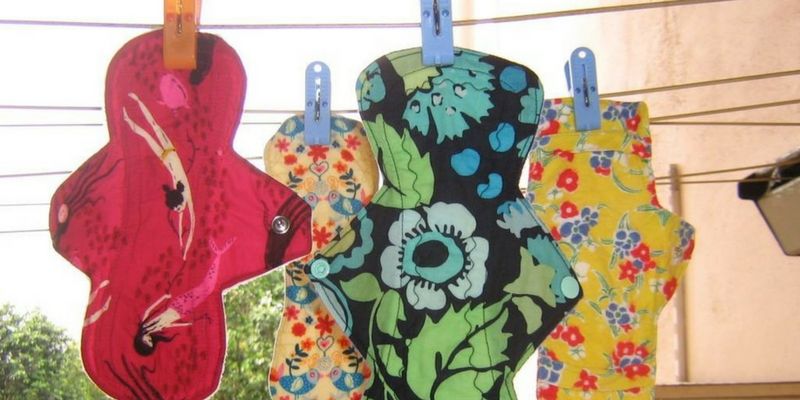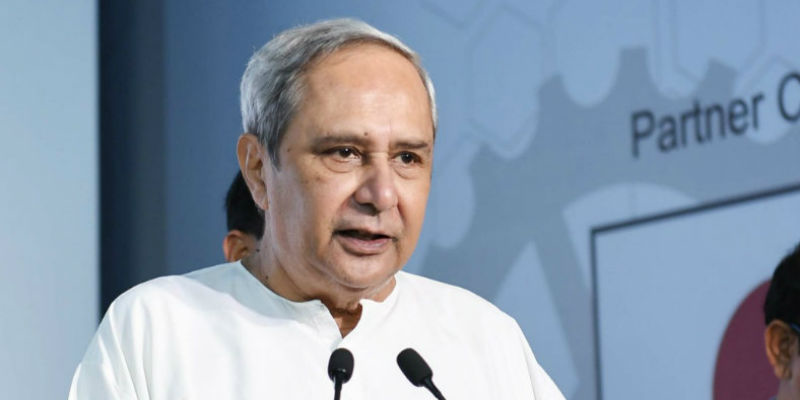Women go on hunger strike to protest against high taxes on sanitary napkins
A woman’s rights NGO from Latur has taken the Azad Maidan – a politically charged venue with a significant history of protests – in order to appeal to the GST committee to abolish the taxes on sanitary napkins.
Women from the Vichardhara Grami Vikas Sanstha are staging a hunger strike at the Azad Maidan in Mumbai, in light of recent developments.
As GST became a reality, myriad campaigns with names as impactful as Lahu Ka Lagaan were launched requesting the government to repeal the taxes on sanitary napkins, which used to be between 12.5 to 14 percent across different states. But all the protests were stiffed when the tax slabs under the new regime were announced, which maintained the tax on the basic hygiene product at 12 percent.

"We will not withdraw the stir till the sanitary pads are excluded from the purview of GST," said Chhaya Kakde, a member of the NGO who is also part of the protest, to NDTV.
"We have also written to Maharashtra Chief Minister Devendra Fadnavis with our demand," she added.
Amongst other protests that sprung up around the country, not to mention various media portals coming out in support of the campaign, another prominent movement that was initiated in the wake of the announcement was the signature campaign by the women's wing of the Nationalist Congress Party (NCP).
As mentioned, the tax levied on sanitary napkins can vary from 12 to 14.5 percent, from state to state. For example, Rajasthan taxes them at 14.5 percent, Chhattisgarh at 14 percent, Punjab at 13 percent and Arunachal Pradesh at 12.5 percent. Surveys have shown that out of the women who do not use pads or tampons, 80 percent do so because of the high cost attached to it.
There is a need for not only a repeal of taxes but also subsidies and grants, the benefits of which can be transferred to the end user. There have been pilots instated by the government–like the one initiated in June 2010 to provide highly subsidised sanitary pads to adolescent girls in 150 districts (and there are other for-profit as well as not-for-profit pad manufacturing organisations that provide pads at highly discounted rates), but their impact has hardly been as encompassing as it should have been. The private sector, local manufacturers, and organisations, aided financially by the government, can cover the ground that the government has failed to.







![[Funding alert] Education startup Masai School raises $2.5M in Pre-Series A led by Unitus Ventures](https://images.yourstory.com/cs/2/e641e900925711e9926177f451727da9/Image8v90-1597724751446.jpg)


![[Funding alert] Workflow automation app Delightree raises $3M in seed round](https://images.yourstory.com/cs/2/b3bfb136ab5e11e88691f70342131e20/Delightree-1596266034279.jpg)